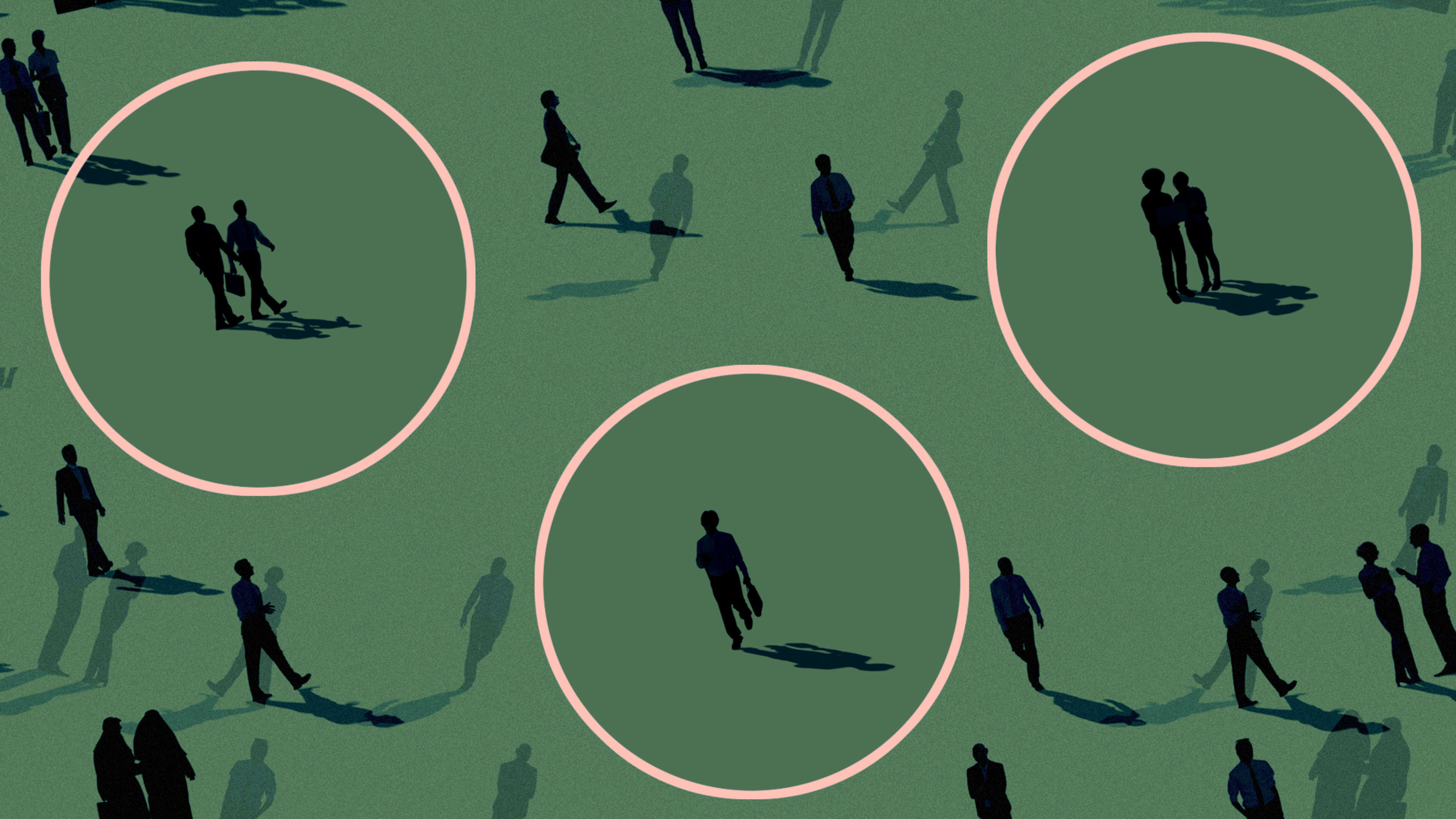Here in Austin, TX, the COVID-19 pandemic has worsened. In May, the strict social-distancing measures we had practiced for two months were lifted, and almost immediately the mood shifted. Even though city officials were still suggesting that people stay home and that they wear masks whenever they were out, suddenly, there were people outdoors everywhere. Crowds gathered at food trucks, restaurants, and bars. And gradually, the virus emerged throughout the city.
One reason why people were so quick to gather together is a version of what some people have called crisis fatigue. This is the observation that people have difficulty in situations in which they have very little control over the outcome. Eventually, they begin to feel like it doesn’t really matter what they do. With this pandemic, that reveals itself as a lack of interest in maintaining precautions. And because the bad outcomes lag weeks behind the change in behavior, at first all of the discussions about safe behavior seem like they were overblown.
Now that we are seeing the consequences of relaxed social distancing and low compliance with masks, what can be done to help people stay motivated to engage in behaviors to fight the pandemic?
Recognize why it’s hard
One factor that promotes crisis fatigue is a feeling of disconnection socially. Humans are a social species. As a result, we have a lot of mechanisms that drive us to want to engage with other people. Even introverts like to be around other people—they just don’t necessarily want to be around large groups of people and to have to be the center of attention.
That means that we need to find ways to continue to have social engagement with others in order to fight crisis fatigue. Just seeing other people via Zoom and other computer platforms is not enough. It is difficult to create that sense of connection to people only through a screen.
And that relates to a second aspect of social distancing that contributes to crisis fatigue. In order to get people to follow good practices, we divide the world into “good” and “bad” practices. So, staying in your home is “good.” Wearing a mask is “good.” Seeing other people is “bad.”
Risk is not all-or-nothing
When the world is divided into good and bad behaviors, there is a danger you can create the “what the hell” effect, in which engaging in one bad behavior makes them all seem acceptable.
To combat this effect, it is important to recognize that there are degrees of goodness and badness in behaviors. For example, seeing other people while wearing a mask and engaging in social distancing carries a risk, but that risk is relatively small. Going for a bike ride or a run carries some risk, but that risk is small. In contrast, going to a big party or a bar with people not wearing masks is much more dangerous.
Putting this together, then, a key aspect of reducing crisis fatigue is to find ways to be around other people while still being pretty safe. Not only should you call your friends, but find ways to go out and take a distanced walk together. Sit at a big picnic table and talk. Go for a bike ride with someone you know while wearing a mask.
Focus on others
Another thing that can help is doing nice things for people around you. Bring groceries to a friend who cannot shop. Help a neighbor to clean up their yard. Focusing on other people can also increase your sense of connection to your community.
If you maintain your social connections, you can keep up some hope for the future. Yes, the pandemic will undoubtably be long, but that doesn’t mean that you have to be completely cooped up during all of it. The more that you find ways to be safe while spending time with others, the easier it will be to keep up good behaviors.
These aren’t the only factors that can affect crisis fatigue, of course, but finding safe ways to keep up your social life is an easy thing you can do to help keep a positive attitude in this difficult time.
Recognize your brand's excellence by applying to this year's Brands That Matters Awards before the early-rate deadline, May 3.
